Important Things to Learn About Diesel Engines
Diesel engines have long been a cornerstone in powering sectors ranging from transportation to energy generation, known for their durability and efficiency. Their robust design allows them to handle heavy-duty tasks, which is why they are often the engine of choice for trucks, ships, and industrial machinery. Diesel technology has evolved significantly over time, with advancements in fuel efficiency, emissions control, and performance. As diesel engines continue to play a crucial role across various industries, understanding their mechanics and components is essential for both professionals and enthusiasts.
This article provides an in-depth exploration of diesel engines, their operation, types, common applications, and the maintenance practices that ensure their longevity. By understanding the basics and advancements in diesel technology, readers can gain a deeper appreciation for these powerful engines and their ongoing relevance in a rapidly changing world. Read on to learn more about diesel engines from our expert team.
Understanding the Basics of Diesel Engines
What is a Diesel Engine?
A diesel engine is an internal combustion engine that ignites fuel through compression. Unlike gasoline engines, which use spark plugs, diesel engines rely on the heat generated from compressed air to ignite fuel. This mechanism leads to higher thermal efficiency and better fuel economy, especially in heavy-duty applications. Diesel engines are typically used in commercial vehicles, machinery, and power generation due to their ability to generate significant torque and power while maintaining fuel efficiency over long distances.
One of the key reasons diesel engines are preferred in commercial applications is that diesel fuel contains about 12% more energy per gallon than gasoline, according to the California Energy Commission. This higher energy density contributes to the engine's efficiency and longevity, making it ideal for long-haul trucks and equipment that require consistent power output. As diesel technology progresses, newer systems are being integrated to make engines cleaner and more efficient, ensuring they remain relevant even amidst growing environmental concerns.
History and Evolution of Diesel Engines
Rudolf Diesel, a German engineer, invented the diesel engine in the late 19th century, marking a pivotal moment in engine technology, according to Britannica. Diesel's design proved more efficient than the steam engines of the time, and his engines soon found applications in various industries. Over the years, diesel engines have undergone numerous advancements, from turbocharging to electronic fuel injection, which have improved their performance, efficiency, and environmental footprint.
Initially, diesel engines were used in industrial and marine settings, thanks to their ability to handle heavy loads and operate efficiently. Over time, they became integral to the transportation industry, powering trucks, buses, and locomotives. With each technological breakthrough, such as the introduction of cleaner-burning systems like particulate filters and selective catalytic reduction (SCR), diesel engines have adapted to meet stricter emission standards, ensuring their continued viability.
Key Differences Between Diesel and Gasoline Engines
The primary difference between diesel and gasoline engines lies in their ignition systems. Gasoline engines use spark plugs to ignite the fuel-air mixture, while diesel engines rely on compression to ignite fuel. This results in diesel engines having higher thermal efficiency and better fuel economy. Additionally, diesel engines naturally produce more torque at lower RPMs, which is why they are preferred for heavy-duty tasks such as towing and carrying heavy loads. In contrast, gasoline engines excel at higher speeds and are more commonly used in passenger vehicles.
Maintenance for diesel engines can be more specialized due to the higher pressures they operate under. However, they are often more durable and can last longer than gasoline engines when properly maintained. Diesel engines require regular monitoring of fuel systems and components such as injectors and filters to ensure optimal performance.
Types of Diesel Engines
Diesel engines come in two primary configurations: two-stroke and four-stroke engines. Two-stroke diesel engines complete a power cycle in two strokes of the piston, offering a simpler design and higher power output. These are typically used in large applications, such as ship engines. Four-stroke diesel engines, on the other hand, are more efficient and cleaner, using a more complex design to complete a power cycle in four strokes. These engines are more common in automotive and industrial applications.
Diesel engines can also be classified based on their cylinder configuration. Inline engines, where all cylinders are arranged in a row, are common in commercial vehicles due to their efficiency and simplicity. V-type engines, with cylinders arranged in two banks, are used for high-performance applications due to their ability to generate more power in a compact design. Each configuration offers unique benefits, making diesel engines versatile and adaptable to various industries.
Common Applications of Diesel Engines
Diesel engines are essential to industries requiring heavy lifting and long-lasting power. They are the preferred choice for powering trucks, buses, and trains, where durability and fuel efficiency are critical. Diesel-powered vehicles are particularly suited for long-distance transport, where fuel efficiency is paramount.
Beyond transportation, diesel engines are crucial in agricultural and construction equipment, including tractors, bulldozers, and excavators. These machines operate in demanding environments and require engines that can deliver consistent power without failure. Diesel engines are also used in industrial applications, such as backup power generators, ensuring reliable operation during power outages.
Diesel engines also play a significant role in the maritime industry, where they are used to power cargo ships, submarines, and other vessels. Their high torque output and efficiency make them ideal for marine applications, where long voyages and heavy loads are common. In remote areas where grid power is unavailable, diesel engines are used for decentralized power generation, providing reliable energy in a variety of settings.
Components and Functionality
Primary Parts of a Diesel Engine
The core components of a diesel engine include the engine block, pistons, crankshaft, and cylinder head. The engine block houses the cylinders, where the pistons move up and down. These pistons convert the energy from combustion into mechanical power, which is then transmitted to the crankshaft. The crankshaft converts this linear motion into rotational force, powering the vehicle or machinery. The cylinder head covers the top of the cylinders, housing critical components such as valves, injectors, and air intake/exhaust systems that regulate engine performance.
The fuel injectors are especially important in diesel engines as they deliver fuel into the combustion chamber under high pressure. Proper fuel injection ensures efficient combustion and reduces emissions. Diesel engines also utilize turbochargers and intercoolers to enhance power output by increasing the density of intake air, enabling more complete combustion and higher performance.
How Diesel Engines Work
Diesel engines operate on the principle of compression ignition. The process begins with the intake stroke, where air enters the cylinder. During the compression stroke, the air is compressed to a high temperature and pressure. At the right moment, fuel is injected, causing it to ignite upon contact with the hot air. This ignition drives the piston downward, generating power. The exhaust stroke expels the combustion gases, and the cycle repeats.
Turbocharging is often used to improve engine efficiency by increasing the amount of air entering the cylinders, leading to more powerful combustion. Turbochargers are driven by the engine's exhaust gases, enabling the engine to generate more power without increasing its size.
The Role of the Fuel Injection System
The fuel injection system in diesel engines is crucial for ensuring efficient combustion. Modern diesel engines use high-pressure fuel injectors to atomize and precisely meter fuel into the combustion chamber. This ensures the optimal air-fuel mixture for efficient burning and power generation. Diesel injectors operate under extreme pressures to achieve the necessary atomization for clean combustion.
Advancements in fuel injection technology, such as electronic fuel injection systems, have enhanced diesel engine performance by allowing for real-time adjustments to fuel delivery. This has led to improvements in fuel efficiency, power output, and emissions control, making diesel engines more environmentally friendly and effective for modern applications.
Understanding Turbocharging in Diesel Engines
Turbocharging is a key technology for enhancing diesel engine performance. By compressing the intake air, turbochargers increase the amount of oxygen available for combustion, which boosts power output without increasing engine size. Turbocharging also improves fuel efficiency by allowing the engine to extract more power from the same amount of fuel.
Modern turbochargers, including variable geometry turbochargers (VGTs), offer further performance improvements by optimizing exhaust gas flow to the turbine. This ensures better engine response at low speeds and reduces turbo lag. Combined with intercoolers, which cool the compressed air before it enters the combustion chamber, turbocharging enables diesel engines to achieve higher power outputs and greater fuel efficiency.
Diesel engines have proven to be reliable, efficient, and adaptable across various industries. From transportation to agriculture and energy generation, they play a crucial role in powering the global economy. Understanding the inner workings of diesel engines, including their components, operation, and applications, is essential for those working in industries that rely on these engines. With ongoing advancements in technology, diesel engines continue to evolve, addressing challenges such as emissions control while maintaining their inherent advantages of power, efficiency, and durability.
As diesel engines continue to adapt to the demands of modern industry and environmental standards, they remain a cornerstone of power generation and transportation, offering solutions for both today and the future. With all of this information on diesel engines from our qualified team, it can feel overwhelming to know exactly what your engine needs. That's why we're here! Call AFS Diesel Truck & Body today to learn more about how we can help you.
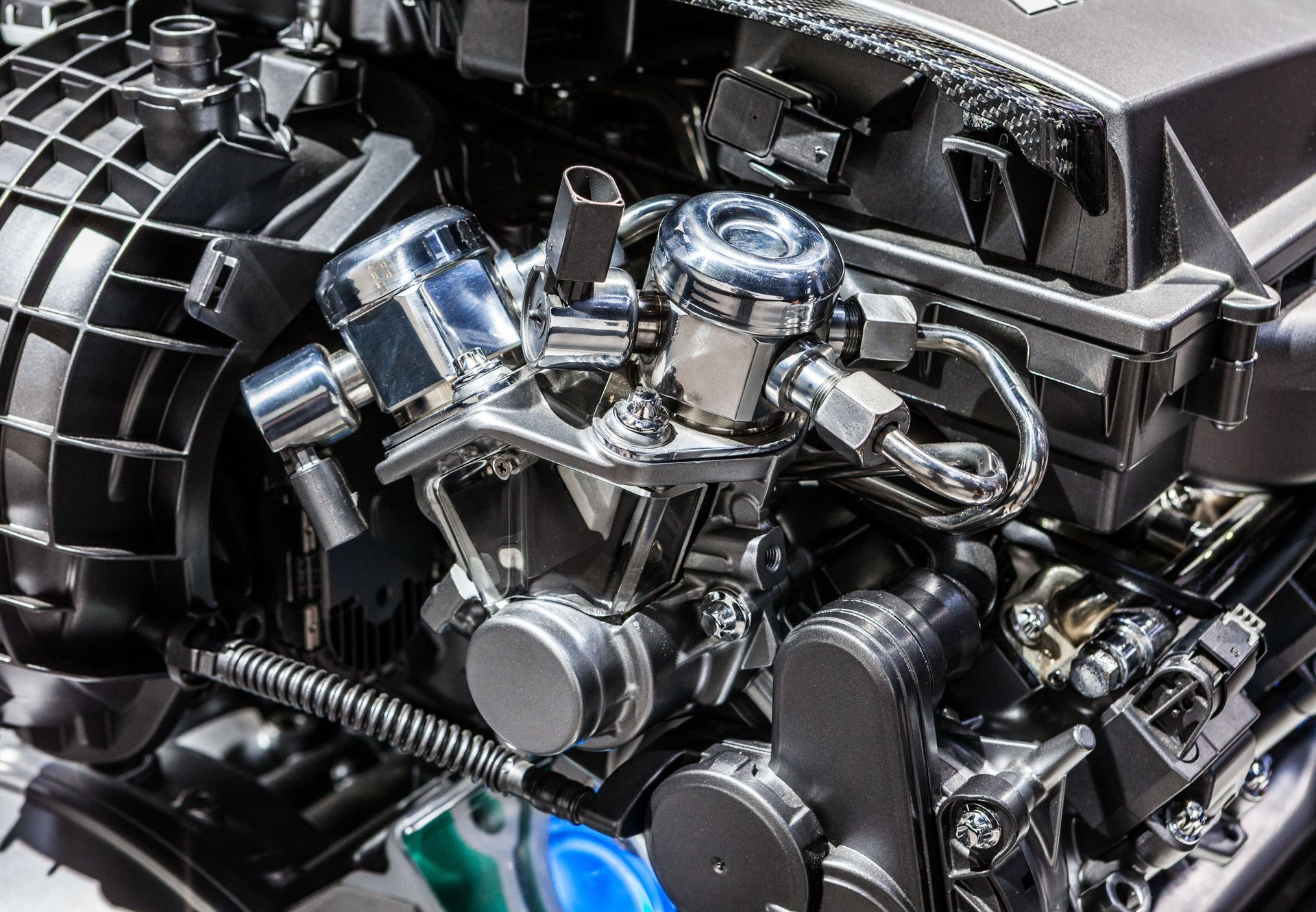
Learn More About
AFS Diesel Truck & Body
Located in Conley, GA. AFS Diesel Truck & Body specializes in truck shop, machine shop, production services, and parts services. We sell heavy-duty trucks and equipment. 24/7 mobile service. Walk-ins welcome. Certified technicians. Call us now.
serving Area
Conley, GA
Georgia
and surrounding areas
Business Hours
- Mon - Fri
- -
- Sat - Sun
- Closed
Mobile Service 24/7, Call for an Appointment
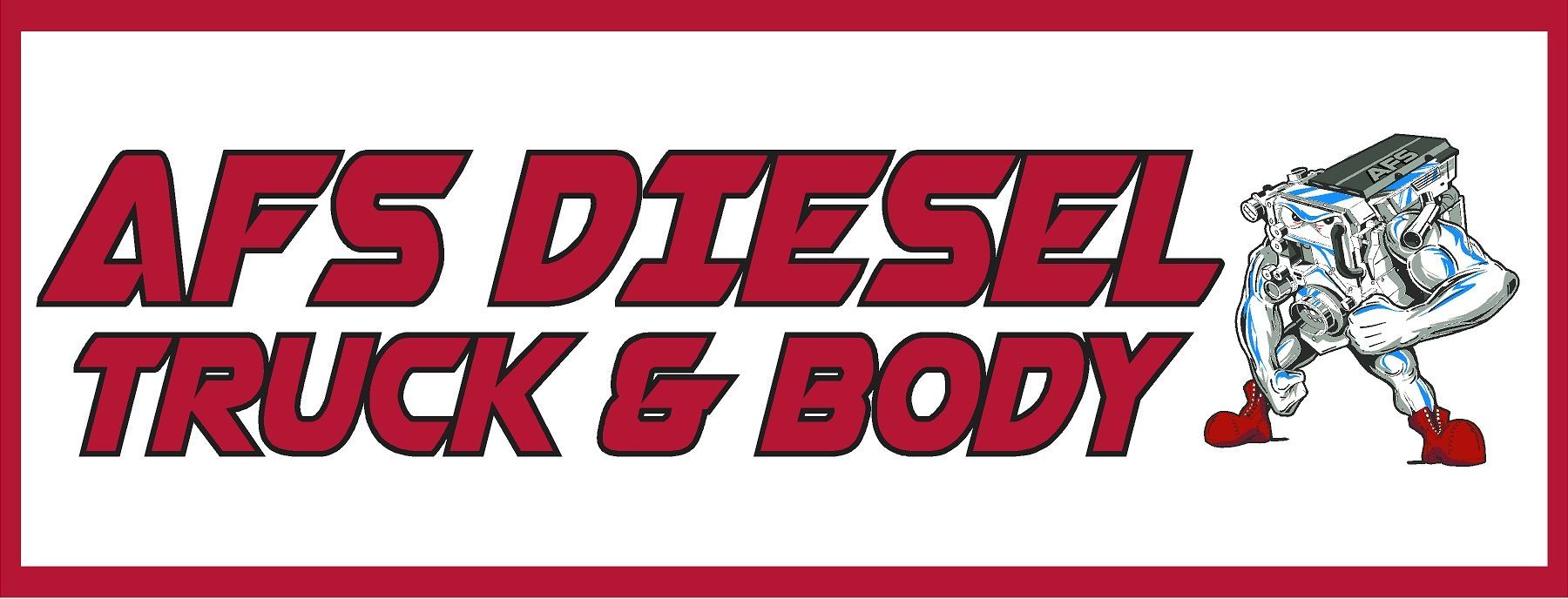

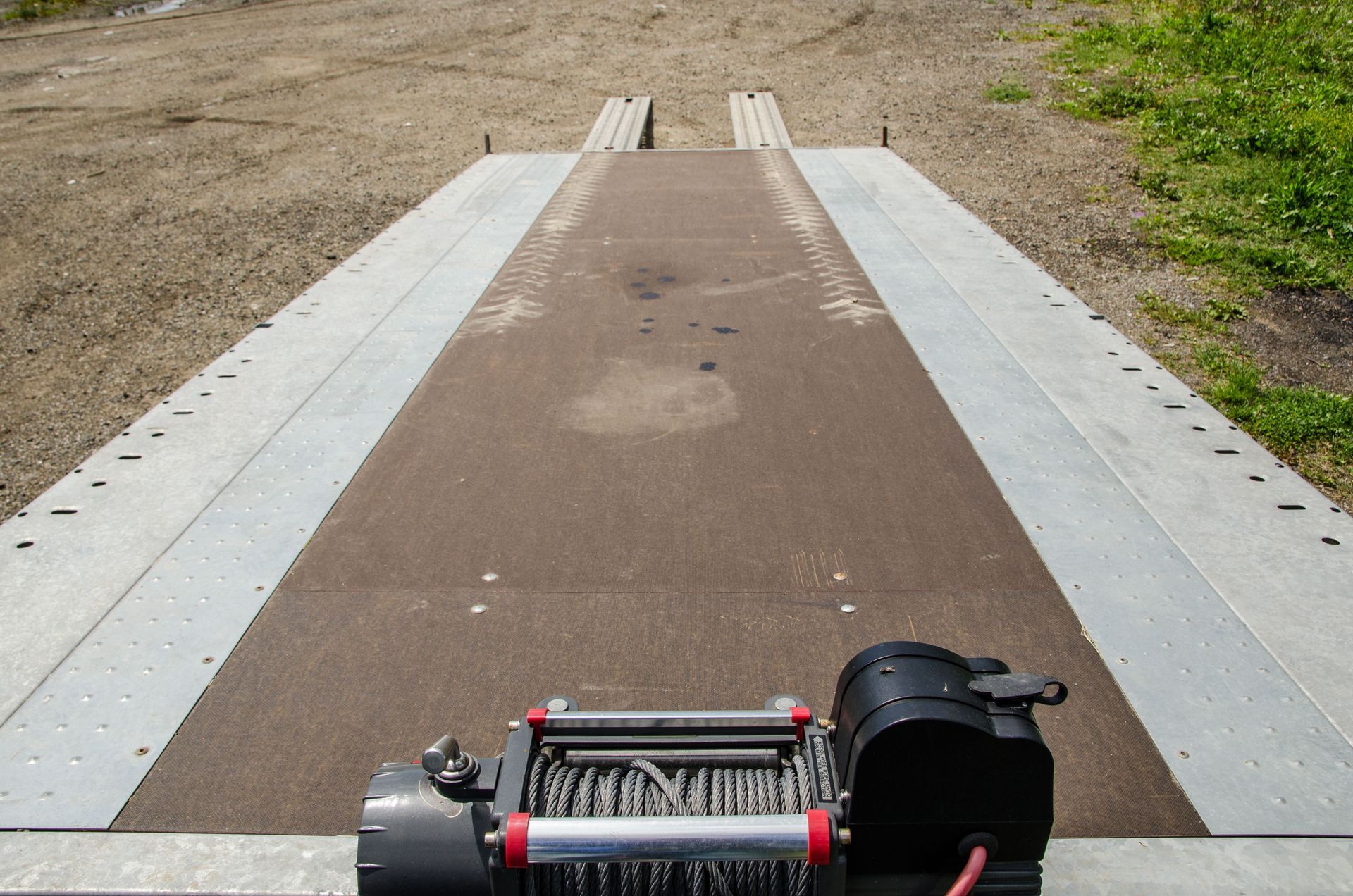
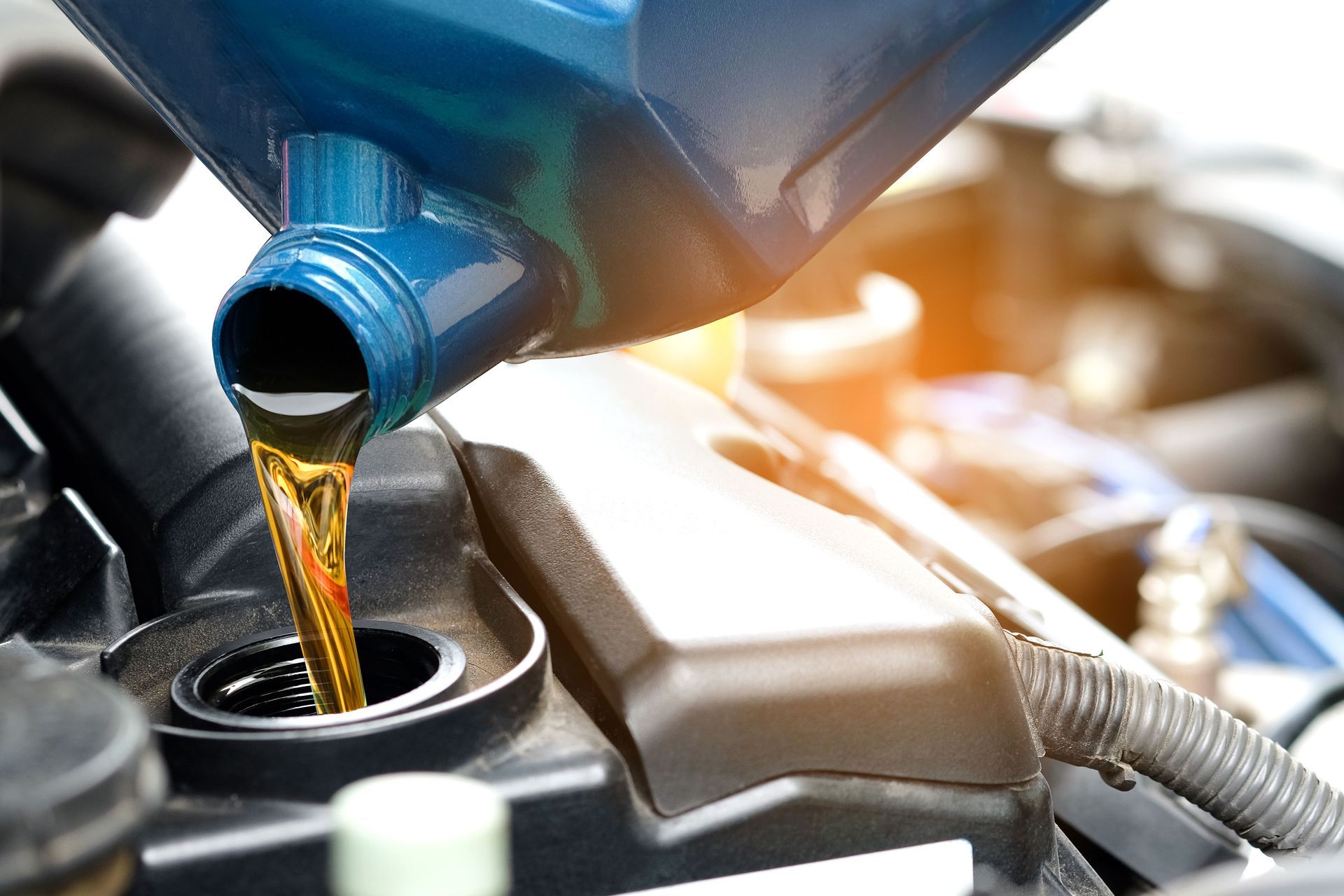
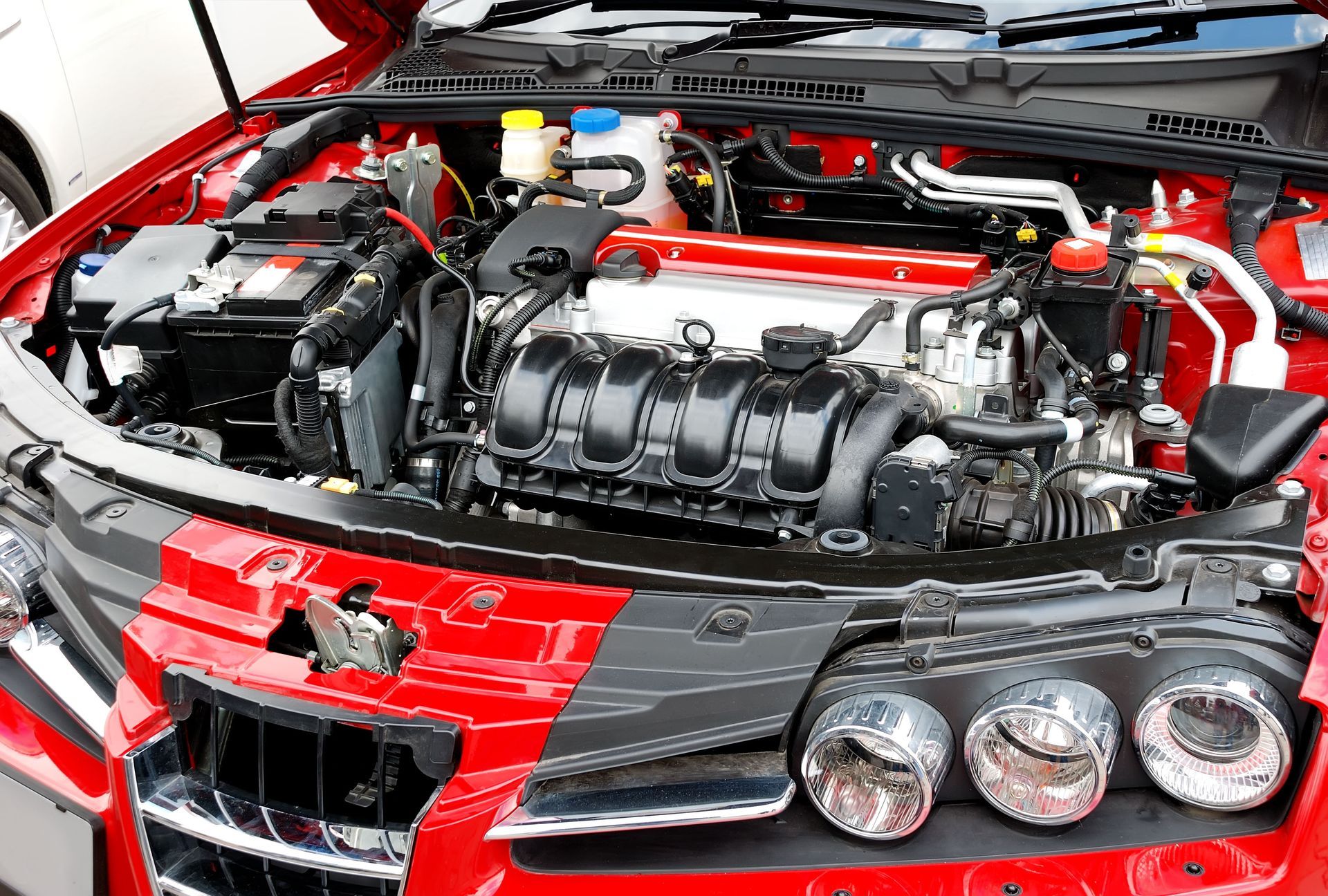






Share On: